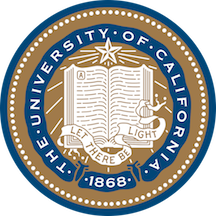 In May 2020 at the height of the COVID-19 pandemic, the University of California System decided that students applying to any of the nine undergraduate campuses would not be required to submit SAT or ACT scores in order to be eligible for admission.
In May 2020 at the height of the COVID-19 pandemic, the University of California System decided that students applying to any of the nine undergraduate campuses would not be required to submit SAT or ACT scores in order to be eligible for admission.
In 2021 – when standardized test scores were not required – the number of Black students applying to an undergraduate campus jumped by nearly 22 percent. This year, 8,640 Black students applied to undergraduate programs, up a slight 3 percent. But the number of Black applicants mirrors the Black percentage of the state’s population.
Since 1996, state universities in California have been prohibited by law from considering race as a factor in admissions decisions. As a result, Black students admitted to undergraduate programs – particularly at the university’s most selective campuses – has been below the level of what would exist if racial parity prevailed.
This year, 4,855 Black students were admitted to one of the nine undergraduate campuses. This was 56.2 percent of all Black students who applied. For Whites, the admittance rate was similar at 56.8 percent. Two years ago, when standardized test scores were still required, Whites were accepted at a rate that was 11 percentage points higher than the rate for Blacks.
This year, 8 percent of all students admitted to UCLA are Black, up from 6 percent two years ago. At the flagship Berkeley campus, 6 percent of admitted students are Black, up from 5 percent. Over the past two years since standardized test scores have not been required, the percentage of Black students among those admitted has risen at five campuses and remained the same at four campuses.










